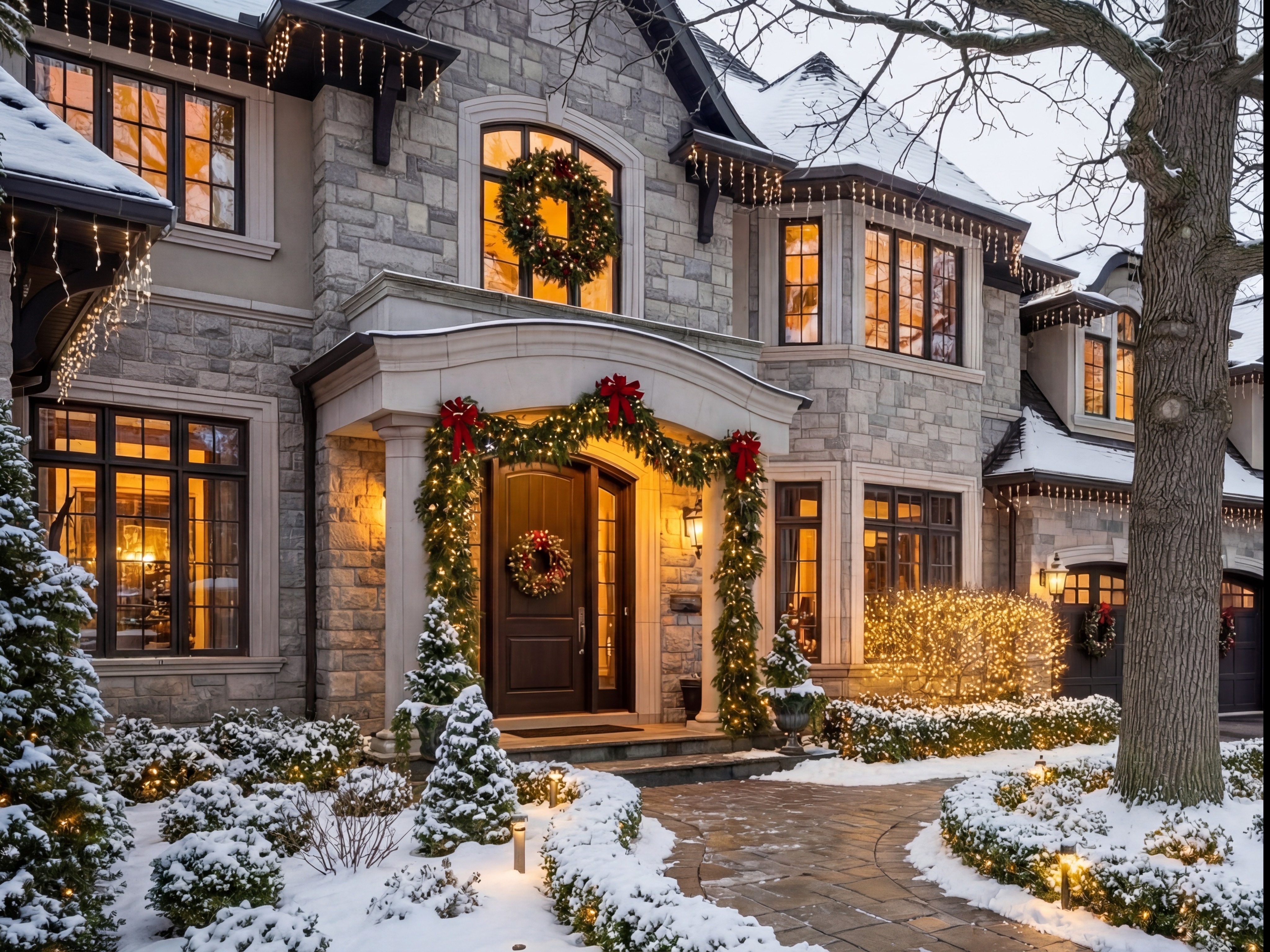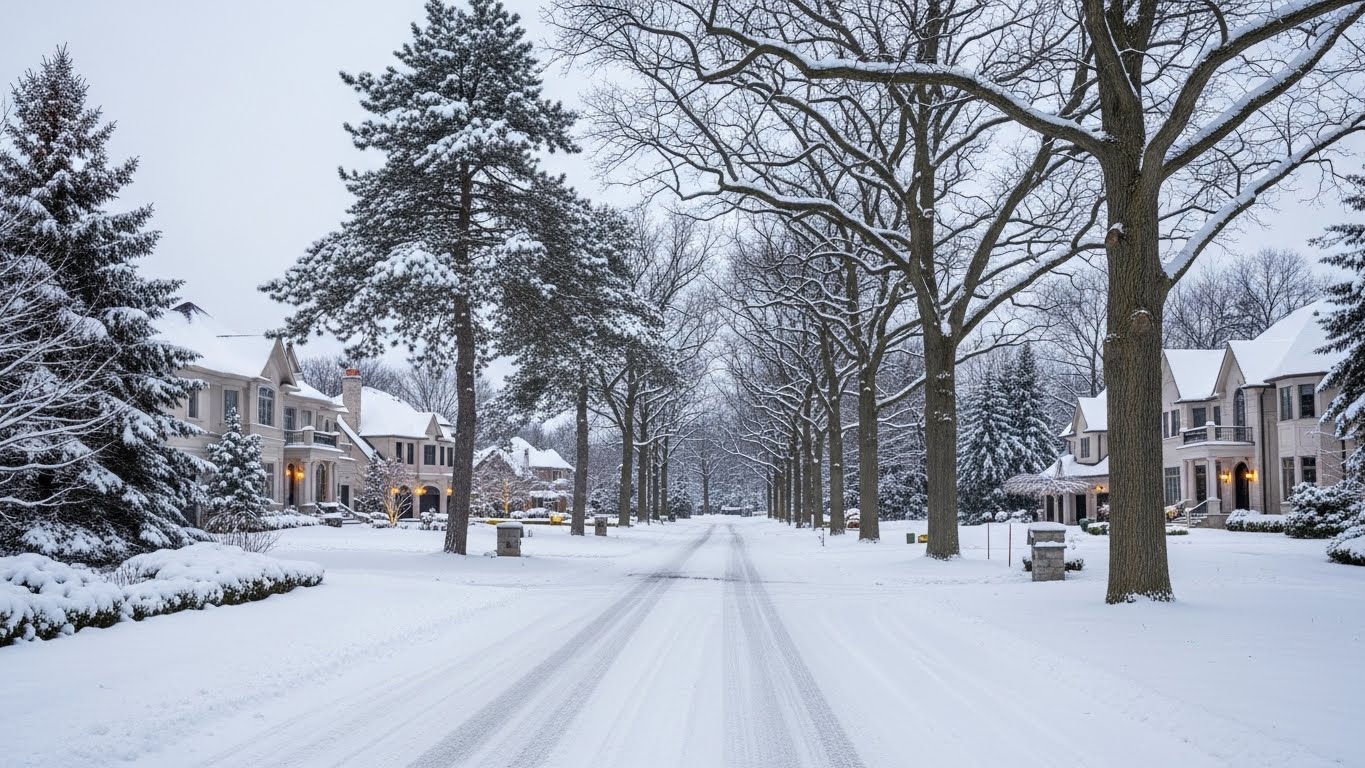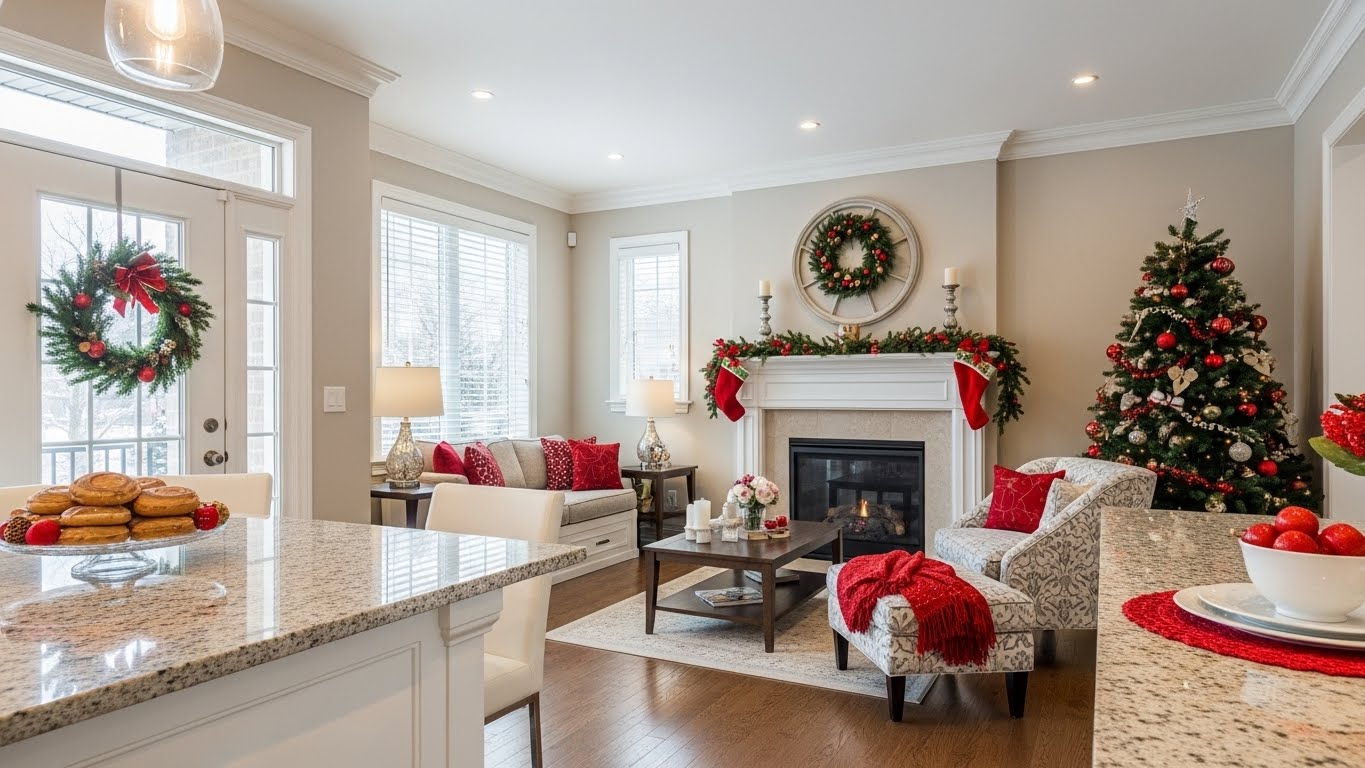For many buyers in Halton, the excitement of homeownership comes with a necessary reality check: understanding the full scope of financial responsibilities beyond the purchase price. While mortgage payments are typically top of mind, property taxes and additional homeownership costs can significantly impact your monthly and annual budgets.
In a region like Halton, where municipalities such as Oakville, Burlington, Milton, and Halton Hills offer a wide range of property types and home values, it's essential to get a clear picture of the costs associated with owning a home. Whether you’re a first-time buyer, upsizing to meet the needs of a growing family, or downsizing into a luxury condo, this guide will help you plan with confidence.
Understanding Property Taxes in Halton
Property taxes in Halton are determined by two key factors: the assessed value of your home (as set by the Municipal Property Assessment Corporation, or MPAC) and the tax rate set by your local municipality. Each town within Halton sets its tax rate annually based on budget needs and services.
For example, Oakville consistently has one of the lowest property tax rates in Ontario, making it attractive for buyers purchasing higher-value homes. On the other hand, smaller communities like Halton Hills may have slightly higher rates, though property values are often more accessible.
In 2025, the average residential property tax rates in Halton remain competitive when compared to neighbouring GTA regions. Here’s a rough comparison:
- Oakville: Approx. 0.77% of assessed value
- Burlington: Approx. 0.83%
- Milton: Approx. 0.85%
- Halton Hills: Approx. 0.89%
For a home assessed at $1,000,000 in Oakville, you can expect to pay roughly $7,700 annually in property taxes. It’s important to note that these rates can fluctuate slightly year to year.
Utilities and Municipal Services
Beyond property taxes, homeowners in Halton are responsible for standard monthly utilities, including hydro, water, gas, and waste collection. These costs vary depending on the size of the home, energy efficiency, and location.
For example, older homes in South Oakville may have higher heating and cooling costs due to less insulation. At the same time, newer builds in north Milton or the Alton Village area of Burlington often come with energy-efficient upgrades that reduce utility bills.
Water and wastewater charges are managed by Halton Region and billed based on consumption. Most households in the area can expect to pay between $100 and $200 per month for utilities, depending on usage and the season.
Maintenance and Upkeep
Every home comes with ongoing maintenance costs, which can vary significantly based on the type of property and its age. Detached homes with large lots often require more upkeep, such as landscaping, snow removal, and roof repairs, whereas condos and townhomes typically include these expenses in their monthly fees.
For homeowners in areas such as Glen Abbey, River Oaks in Oakville, or Millcroft in Burlington, maintaining curb appeal is a top priority. Budgeting 1–3% of your home’s value per year for general maintenance is a smart approach. That’s about $10,000–$30,000 annually on a million-dollar home, especially if larger updates like roof replacement or HVAC upgrades are on the horizon.
Insurance and Other Ownership Costs
Home insurance is another significant cost to factor in, with rates depending on the size, value, and location of the home. In Halton, annual home insurance premiums typically range from $1,000 to $2,000.
Additionally, new homeowners should be prepared for one-time costs, such as land transfer tax, legal fees, and moving expenses. Fortunately, Halton homeowners only pay the provincial land transfer tax, unlike Toronto buyers who face an additional municipal tax.
Final Thoughts
Owning a home in Halton is an investment in quality of life, substantial resale value, and community. But it’s also a long-term financial commitment that requires planning and awareness of all associated costs. From property taxes to maintenance and everything in between, understanding the whole picture will help you make confident, informed decisions.
Looking for expert advice tailored to your goals and budget? Contact the Joette Fielding Real Estate Group today. We’ll help you navigate every step of the homeownership journey—from purchase to planning and beyond.

.png)



